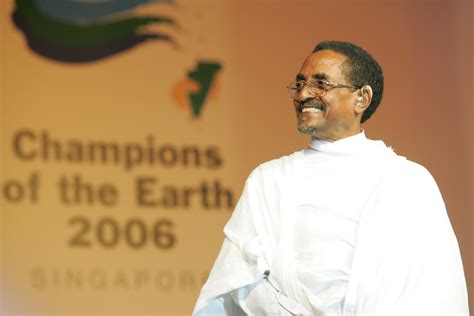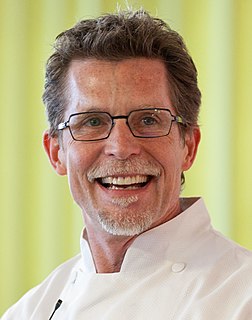A Quote by Vandana Shiva
It is only with local [agriculture] that we can manage the complexity and care that sustainability requires.
Quote Topics
Related Quotes
Often, sustainability is discussed only in the context of energy. Energy sustainability is essential - but the word has a much broader meaning. It means long-term thinking about how we manage our businesses, invest in social spending, and plan for the future. This requires vision and leadership, and it requires citizen engagement.
The Nuffield report suggests that there is a moral imperative for investment into GM crop research in developing countries. But the moral imperative is in fact the opposite. The policy of drawing of funds away from low-cost sustainable agriculture research, towards hi-tech, exclusive, expensive and unsafe technology is itself ethically questionable. There is a strong moral argument that the funding of GM technology in agriculture is harming the long-term sustainability of agriculture in the developing world.
Globalization, which attempts to amalgamate every local, regional, and national economy into a single world system, requires homogenizing locally adapted forms of agriculture, replacing them with an industrial system-centrally managed, pesticide-intensive, one-crop production for export-designed to deliver a narrow range of transportable foods to the world market.
Sustainability has become a religion in architecture - not that there's anything wrong with it - but I think it has to work both ways. Everyone thinks architecture has to be subservient to sustainability, but what if we thought in the other direction, like, what can sustainability do to make architecture more exciting?


































